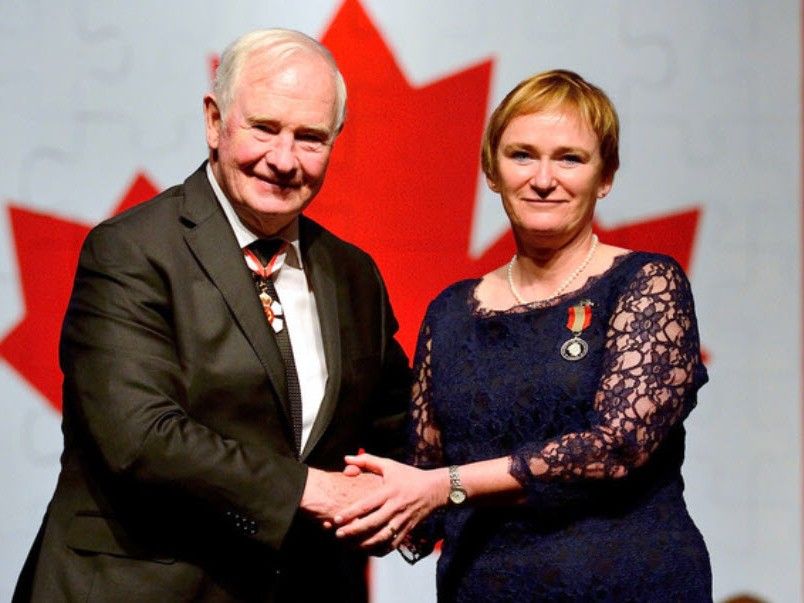even something as stupid as a joke regarding co2 levels increasing the need to poop, you dismissed it out of hand, 100 per cent certain even though it’s not your field of expertise. and my wife wasn’t constipated anyway — she was bloated because of ascites (fluid accumulating in her abdomen), not constipation, and she needed draining.
‘at least you could have tried’
primum non nocere — “first, do no harm” — shouldn’t be warped to create an act-omission distinction that kills patients just as dead as a mistaken action. in the case of my wife, doing nothing is doing harm. at least you could have tried.
after first meeting with you, i pushed her to change oncologists. she asked me not to come to more meetings because she didn’t want the friction. in the last few months, she dreaded talking to you and agreed, but it was too late to change. gatenby’s approaches only work before resistance — not after. plus, she was always too kind to tell you how frustrated your condescending approach made her feel.
when i suggested that simply being a bit more positive might help with outcomes, your response was, “i want to be realistic.” maybe you call your approach realism. i call it medical arrogance and iatrogenic harm. if your approach toward your patients is “i’m the expert, patients are dumb, and they’re going to die anyway,” then maybe you should consider retiring, or at least shifting out of oncology.
 2 minute read
2 minute read










